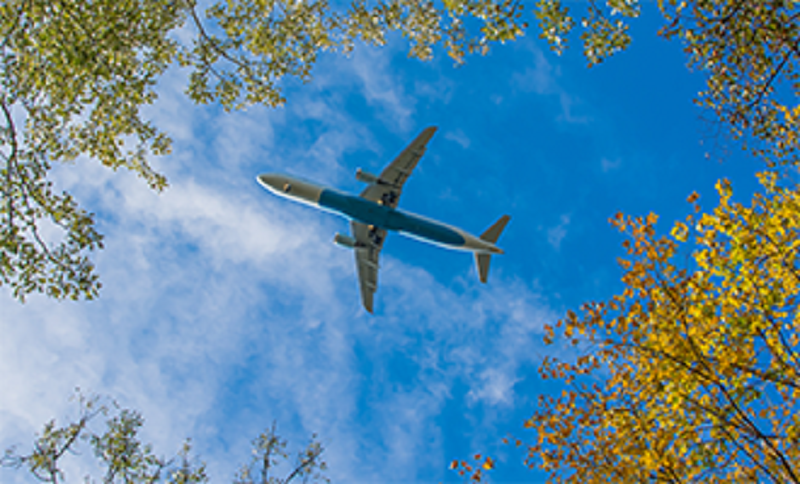Asia-Pacific airlines back net-zero carbon emissions by 2050
13 September, 2021
4 min read


The Association of Asia Pacific Airlines has called on governments to support a new push by members to achieve net-zero carbon emissions by 2050.
The association announced the commitment Monday, moving it ahead of the current global industry goal and of halving carbon emissions by 2050 and putting sustainable aviation fuels at the forefront of its ambitions.
Acknowledging that the net-zero goal was challenging, AAPA director-general Subhas Menon told reporters at a media round table that the association was committed to achieving it.
READ: Competition watchdog rejects Qantas-japan Airlines deal as detrimental.
Menon said this would require the cooperation of multiple stakeholders, including governments, air navigation services, fuel suppliers, airports, aircraft and engine manufacturers as well as the financial sector.
He said the improvements would be based on a combination of technology, operational improvements, sustainable aviation fuels, and that global industry market-based measure, the Carbon Offsetting and Reduction Scheme for International Aviation (CORSIA).
Technological improvements would include hydrogen and electric-powered aircraft, although those developments were not anticipated until after 2035 and would benefit flights of less than 1500kms.
But because 80 percent of Asia-Pacific airline journeys were either medium-range or long-haul international flights above 1500kms, the new power sources were unlikely to be a big benefit to the region’s airlines.
He estimated aircraft using the new sources would provide 15 to 20 percent of reductions globally while operational and infrastructure initiatives was expected to provide a reduction of 10 to 12 percent.
“The bulk of the efforts for long-haul international airlines is going to come from the promotion and commercialization of sustainable aviation fuels,’’ he said.
“This is a very important facet because it is basically replacing fossil fuels on the majority of our flights.
“For this to be successful, supply has to be ramped up significantly and also the supply of sustainable aviation fuels has to be done in a cost-effective manner.
”Right now the price for sustainable aviation fuels is several times than for fossil fuels.”
The Asia-Pacific region will make up about 40 percent of global SAF demand, expected to be between 450 and 500 million tonnes by 2050, but has been behind countries such as the US and Europe in developing a SAF industry.
Menon said government support in the form of subsidies and R&D would be essential in finding the right feedstock and processes to ensure an adequate supply.
He said some 2500 local production facilities across the region would be required to provide the amount of SAF needed by Asia-pacific airlines.
Feedstock such as municipal solid waste, agricultural and forest residues as well as used vegetable oils and oil-bearing crops would also be important but there was a lot of it in the Asia-Pacific region.
“In fact, geographically (the ) Asia-Pacific has the most feedstock for sustainable aviation fuel,’’ he said.
“But it’s bringing it all together and putting it together through the facilities to produce adequate sustainable aviation fuels.
“And that is where we need the support of the government, the fuel suppliers, the finance industry in order to make this a reality.”
Menon said CORSIA had an integral part to play in achieving the net-zero ambition and AAPA wholly supported the International Civil Aviation Organisation-backed system and would encourage states to continue to participate in it.
He said investment in emerging sources of energy using processes such as direct carbon capture and carbon sequestration when these become viable, could complement the industry’s net-zero push.
But he noted the cost of both technologies was currently punitive and “many, many times the cost of fossil aviation fuels”.
Fairness was also an issue given the Asia-Pacific airline traffic was expected to triple by 2050 and the growth in emerging economies should also be allowed to take place.
“Sustainability is a global challenge that calls for a global solution,’’ he said.
“Together, we need to ensure that distribution of the burden of reducing carbon emissions is fair and equitable while allowing the industry to recover and restart.”
Next Article
2 min read
Qantas triples profit but misses mark

Get the latest news and updates straight to your inbox
No spam, no hassle, no fuss, just airline news direct to you.
By joining our newsletter, you agree to our Privacy Policy
Find us on social media
Comments
No comments yet, be the first to write one.
